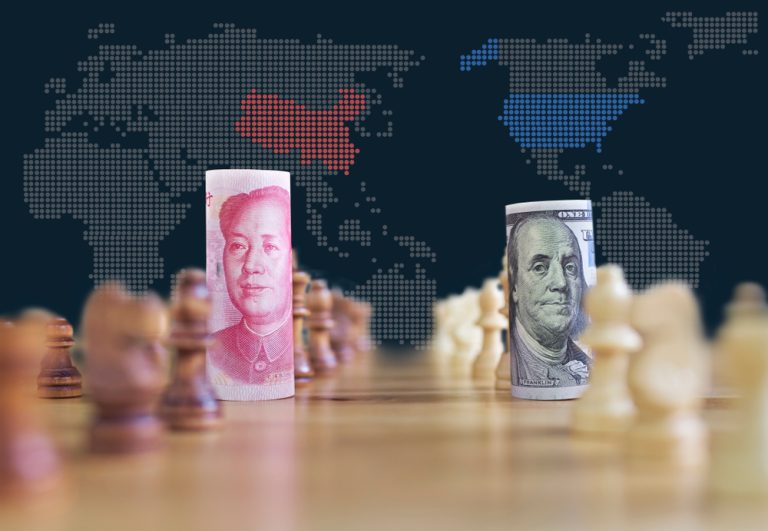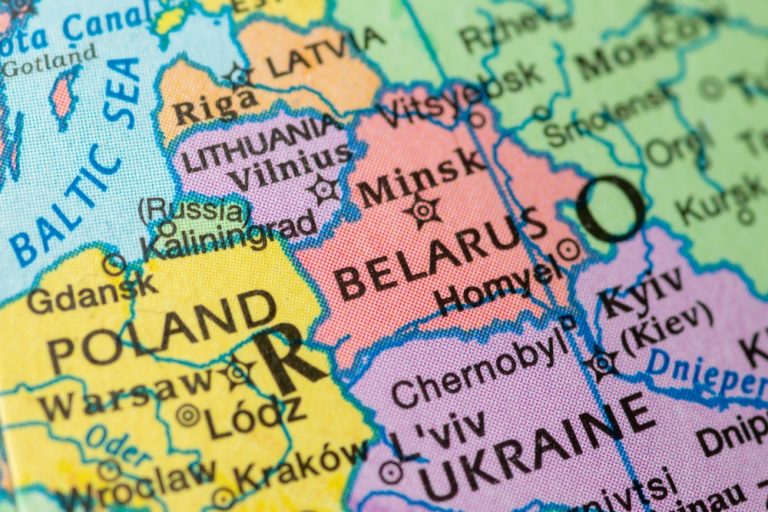
The “eternal” Montenegrin Đukanović goes into historical eternity
At the beginning of April, a major political event occurred for the Balkans, and possibly for all of Europe. In the second round of the Montenegrin presidential election, 36-year-old Minister of Economic Development Jakov Milatović of the moderate liberal “Europe Now!” party won. He got 58.88% of the vote against 41.12% of the votes of current head of state Milo Đukanović, who has been leading the country for the last 32 years in one capacity or another, starting his career at the time of Yugoslavia. Milatović said that he defeated “Europe’s last dictator,” whom many mistakenly believe to be the Belarusian leader Alexander Lukashenko, and also stressed that under the new conditions he would seriously speed up Montenegro’s accession to the EU. For many years, Đukanović has held power by extremely authoritarian methods, being almost openly criminal, and by his very figure he has blocked the country’s European integration. Why his era is over deserves a separate discussion.
In these elections, the candidate of the movement “Europe Now!” won in all key municipalities of Montenegro, and the most tangible advantage was in the capital city Podgorica, where Milatovic won more than 68%. The worst result of the winner was shown only in Nikšić, the hometown of Đukanović. However, one should realize that such a situation has been present in the country for 10-15 years in various elections, which did not prevent the “eternal” leader from retaining power. He achieved this not due to his bright charisma or faithful social policy, but with the help of hidden falsifications and manipulation of public opinion. The last time he was elected president in 2018, it was thanks to such “gray” political techniques, but even then he was deeply disliked by much of society. Even the most honest and unselfish leader’s long tenure in power could not help but generate a taste for nepotism and a perception of the state as personal property, but for Đukanović, his criminal image also played a huge role, forcing him to hold on to his position as a guarantee of personal security.
Đukanović is one of the richest men in the Balkans, and almost no one had any doubt that he made his fortune by criminal means. This view was shared by Montenegrins and many officials in the EU, especially in neighboring Italy, where his smuggling and drug-trafficking activities were of the utmost concern. Keeping him on his pedestal was largely due to the foreign policy support of the United States, to which he rendered two enormous services: making the country independent from Serbia in 2006 and facilitating its accession to NATO in 2017. Each year, however, the good he could do diminished, and dissatisfaction with his corruption and dictatorial actions increased. The 2016 parliamentary elections were won by the country’s ruling party, led by Đukanović, and in 2018 he won the election in the 1st round with 55%. But even the exertion of all forces could not bring him constant success.

Already in the 2020 parliamentary elections, Đukanović’s supporters lost, and received only 38 seats compared to the opposition’s 41. After that, the post of prime minister was taken by successively unfriendly Zdravko Krivokapić and Dritan Abazović. One cannot say that the president gave up after that. Đukanović took advantage of the divisions in the opposition coalition, which had long been unable to elect a new prime minister, to dissolve the parliament three days before the first round of presidential elections, setting early elections for June 11, 2023. Still, this did not help him much to retain his position and somehow extinguish the hatred of his constituents. Jakov Milatović, who as Minister of Economic Development in the dissolved government had gained popularity by increasing the salaries, took advantage of such sentiments. Furthermore, with the tacit support of European lobbyists, he skillfully combined a friendly disposition toward Serbia with EU integration aspirations, following in the footsteps of Nikolić and Vučić in a neighboring country. Despite the fact that Milatović won only 28.92% in the first round against 35.37% for Đukanović, he beat Serbian nationalist Andrija Mandić. Thus, he finally beat his main rival with the European card, which he was always able to use against any ultra-right opponent. Had that been the case, Đukanović’s victory in the second round would have come as a surprise, which in the end did not happen.
Milo Đukanović conceded defeat, but hinted that the fight was not yet over, apparently referring to the next parliamentary elections. But in reality, defeat means the loss of his last position of power, and thus of his immunity. In such a situation he would have to fight for his freedom from prison rather than for any political positions. But even more importantly, the outcome of the presidential election may have implications for the foreign policy orientation of Montenegro. Firstly, it will be expressed in the establishment of relations with Serbia, to which Đukanović was extremely hostile. Especially since the parliament is now dominated by pro-Serb forces, from the moderate to the radical. Secondly, in the period until 2006, Montenegro was a leader in the rapprochement with the EU among all the candidate countries, and the process was hampered only by the figure of Đukanović. But now there are no obstacles: the Montenegrins’ love for Serbia is softly combined with the same feelings towards Brussels, and the EU itself would benefit from accepting a small and relatively prosperous country to show its resilience in times of crisis. However, the main lesson of the elections was that no matter how long an authoritarian dictatorship lasts, it ends sooner or later. And Milo Đukanović, who seemed “eternal,” has gone into historical eternity, albeit so far in a purely political sense.

